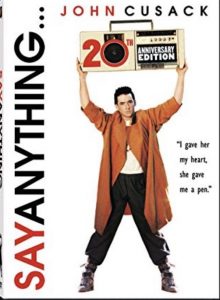
Don’t say:
– My vacation was really funny.
– We did lots of funny things together, like partying and going to the beach.
Say this:
– My vacation was really fun.
– We did lots of fun things together, like partying and going to the beach.
Remember:
- Fun is something (or someone) that you enjoy. We all had fun at the picnic. He’s fun to be with.
- Funny is something (or someone) that makes you laugh. He knows a lot of funny jokes. Three funny movies (comedies) are Airplane, Blazing Saddles, and Monty Python and the Holy Grail


